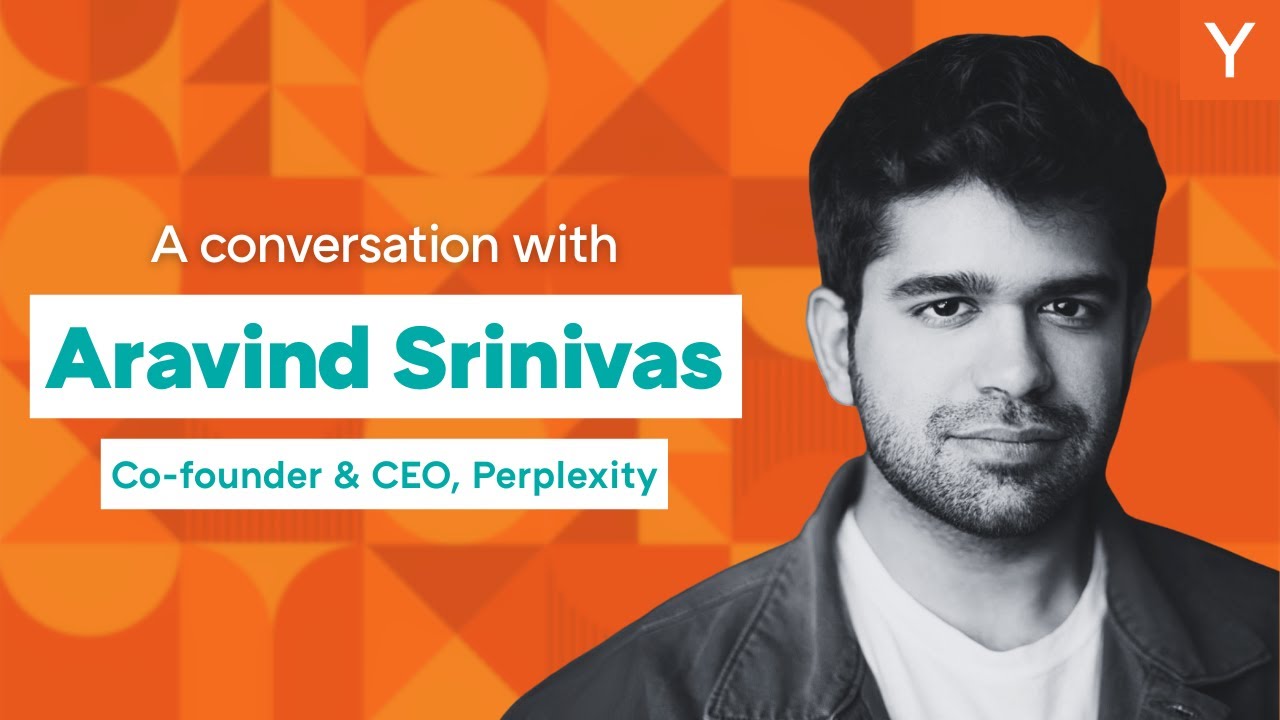Aravind Srinivas, co-founder of Perplexity, discusses the company’s strategic focus on building Comet, an AI-powered browser designed to integrate AI agents for enhanced, multi-tasking user experiences, emphasizing speed, accuracy, and innovation to compete in a landscape dominated by giants like Google and OpenAI. He highlights the challenges and opportunities of startup innovation, the importance of a strong core product, and envisions a sustainable business model centered on subscriptions and usage-based pricing while advising entrepreneurs to move fast and continuously innovate.
In the video, Aravind Srinivas, co-founder of Perplexity, discusses the rapid innovation required to build the AI browser of the future. He emphasizes the importance of speed and continuous innovation in a highly competitive landscape dominated by giants like Google and OpenAI. Perplexity has grown significantly, facing infrastructure challenges due to increasing user demand, and is now making a major strategic bet on developing an AI-powered browser called Comet. This browser aims to function as a cognitive operating system, integrating AI agents that can perform multiple asynchronous tasks, access personal data like emails and calendars, and assist users in complex multi-step processes, thereby transforming the browsing experience.
Aravind explains that while many companies are building AI search and assistant tools, Perplexity’s focus on accuracy, speed, and user experience sets it apart. He acknowledges the inevitability of competition from well-funded players but stresses the importance of focusing on one core strength to remain world-class. The browser, he believes, is harder to replicate than standalone chat tools, and Perplexity’s approach combines AI navigation, agents, and search into a seamless experience. He also highlights the challenges large companies face due to their incentive structures and the innovator’s dilemma, which often slows down their ability to take risks and innovate rapidly.
The conversation also covers Perplexity’s origins, starting from a tool designed to search Twitter data using natural language SQL, evolving into a broader AI-powered search engine that cites sources. Aravind shares insights on founding a startup in AI, emphasizing the value of working with trusted co-founders from grad school and the importance of building a product that users repeatedly engage with. He recounts the early days when Perplexity gained traction despite limited resources and a challenging market, underscoring the advantage startups have today with access to advanced AI models outside of tech giants.
Aravind discusses how Perplexity leverages AI tools internally, particularly for front-end design and coding, to accelerate development and bug fixing. However, he cautions that AI-assisted coding can introduce new bugs and requires skilled engineers to manage. On the business side, he envisions a model based on subscriptions, usage-based pricing for AI agents completing tasks, and transaction fees from AI-driven purchases. While acknowledging that Perplexity may never match Google’s scale or margins, he believes there is significant opportunity to build a sustainable and profitable business by focusing on accuracy, speed, and user trust.
Finally, Aravind offers advice to aspiring entrepreneurs, encouraging them to work hard, embrace the fear of competition from large AI companies, and focus on building a unique identity and product. He stresses the importance of moving fast and shipping continuously to stay ahead. During the Q&A, he addresses concerns about hallucinations in AI responses, the future of the web amid changing traffic patterns, political bias in AI, and go-to-market strategies targeting diverse user groups. Overall, the video provides a comprehensive look at Perplexity’s vision, challenges, and strategies in the evolving AI landscape.
